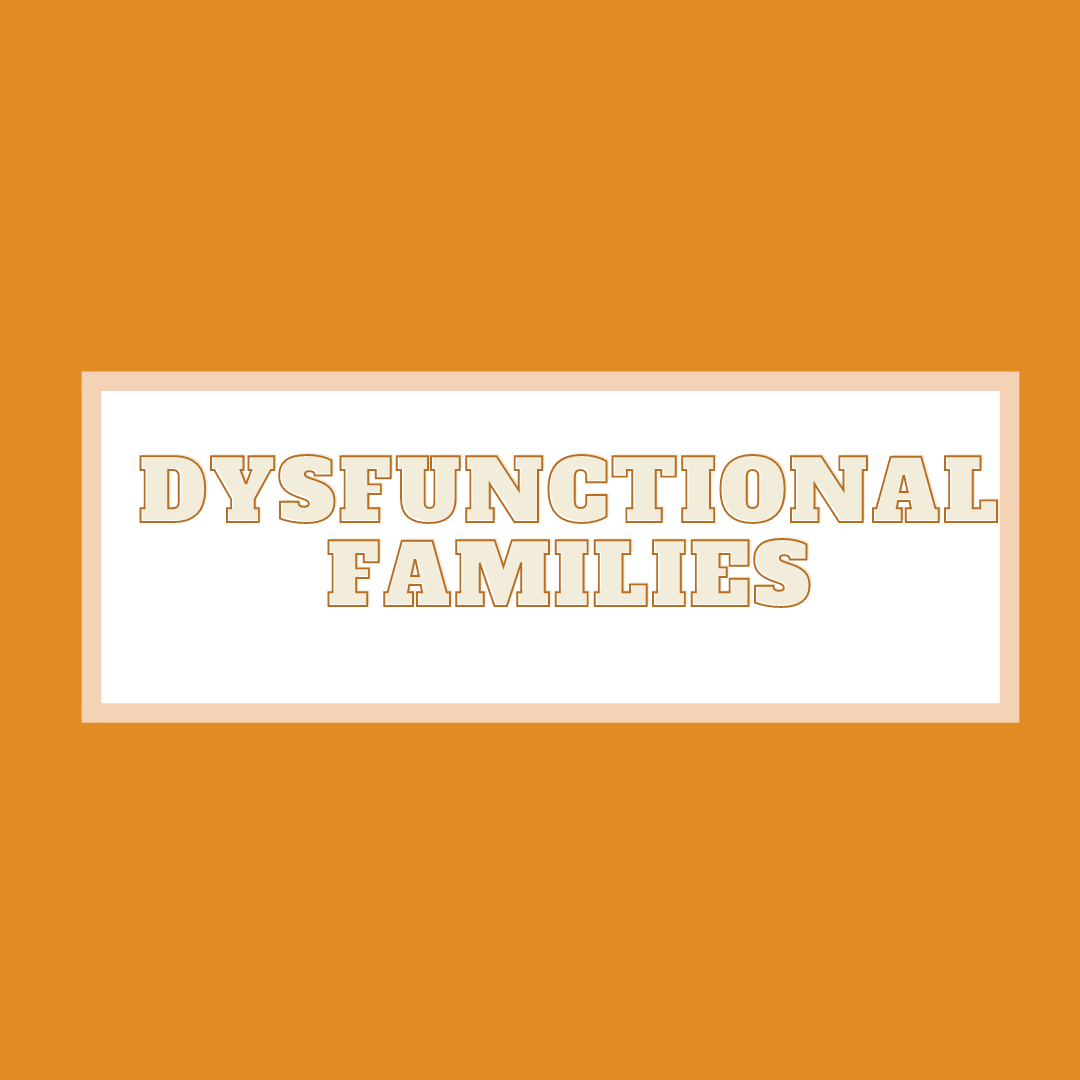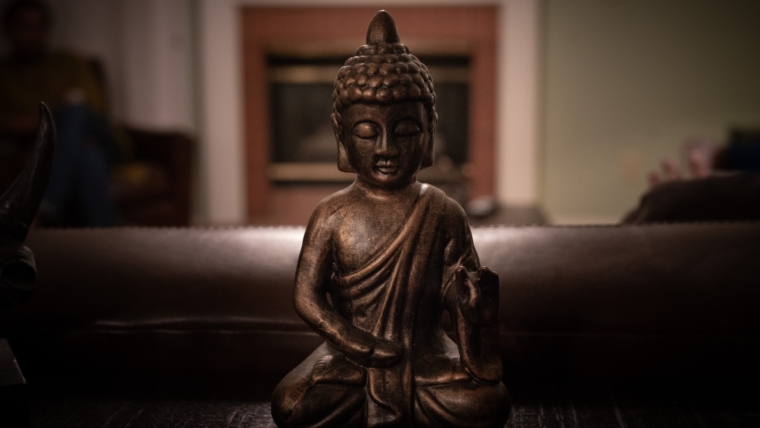Can we talk about this for a minute?
There are so many different ways to identify families these days and yet the dysfunction that exists in some of them are not exempt to any of these family units.
Dysfunction does not discriminate. It causes patterns of dysfunctional behaviour and generational trauma. It seeps into our sense of self, relationships and perspectives on life.
What does family dysfunction even look like?
Think…
- Triangulation by parents who use their kids in their arguments with their spouse.
- Family members who throw flattering comments that lack depth or authenticity only to talk behind your back or block you on social media.
- Family members who pretend that everything is ok. Emotions do not exist…everything is fine…we are fine!
- Family members who need to know every intimate detail of your life.
- Trying to do everything you can to “make them happy” or worse yet feel that you matter.
- Family members who struggle with addiction or mental health concerns.
- Family members who abuse or threaten to hurt you.
- Family members who manipulate you or others into “drama”.
- Family members who use Guilt & Shame to control.
These are examples and does not encompass the range of dysfunction that can be rampant within families.
It is true we cannot change the family we have but there are things we can do to support ourselves.
5 Tips for Dealing with a Dysfunctional Family
What we can we do?
- Set some solid boundaries
If you have to be around toxic family members:
- Visit less.
- Limit and focus the conversation.
- Set realistic expectations of what you are going to give of yourself and your time.
You deserve better. I know this may be a challenge for those of us who are caught trying to balance cultural expectations of “respect” BUT you don’t need to spend time with people who are toxic for your mental health.
2. Don’t get caught up trying to change them.
This is about YOUR energy. If you spend your time focused on something that is impossible it is only YOU that ends up suffering. You don’t have power to change the way other people think, feel or to control what they do.
3. Get a life (of your own).
Whether you’re living at home with parents/extended family members or you live separately, getting yourself engaged and involved in various activities is a way to distract and manage some of the toxicity.
For me, I use journaling, exercise and art to keep my mind busy and away from the negativity. Focus on the parts of your life that bring you joy and keep you balanced!
4. Expand your support system.
Lean on the folks in your life that you trust and who can provide a safe space for you.
Sometimes this means talking with that person about what’s really going on in your life with your family and setting up an emergency plan. Knowing you can access this support any time of the day or night can be reassuring.
Talking openly with your trusted people let’s you know that you are not alone.
You may also want to find your own therapist who would be able to help you process your experiences, validate your feelings and support with developing coping tools.
5. Process and reflect openly.
Journaling may sound juvenile but it is honestly the best way to process the trauma from these experiences using your whole brain. By writing down your reflections your brain is able to process the experience completely instead of holding onto bits and pieces that may feel overwhelming.
Journaling can be anything you want! Just grab a blank notebook and let your imagination free. Some people feel that writing helps but others may find art or drawing something to start the healing process.
If you’re looking for journal writing prompts: consider reflecting on what the experience felt like for you? Triggers? What did the experience bring up for you that was a reflection of what was important to you as a person?
Take a deep breath. Healing takes time but it does get better.




